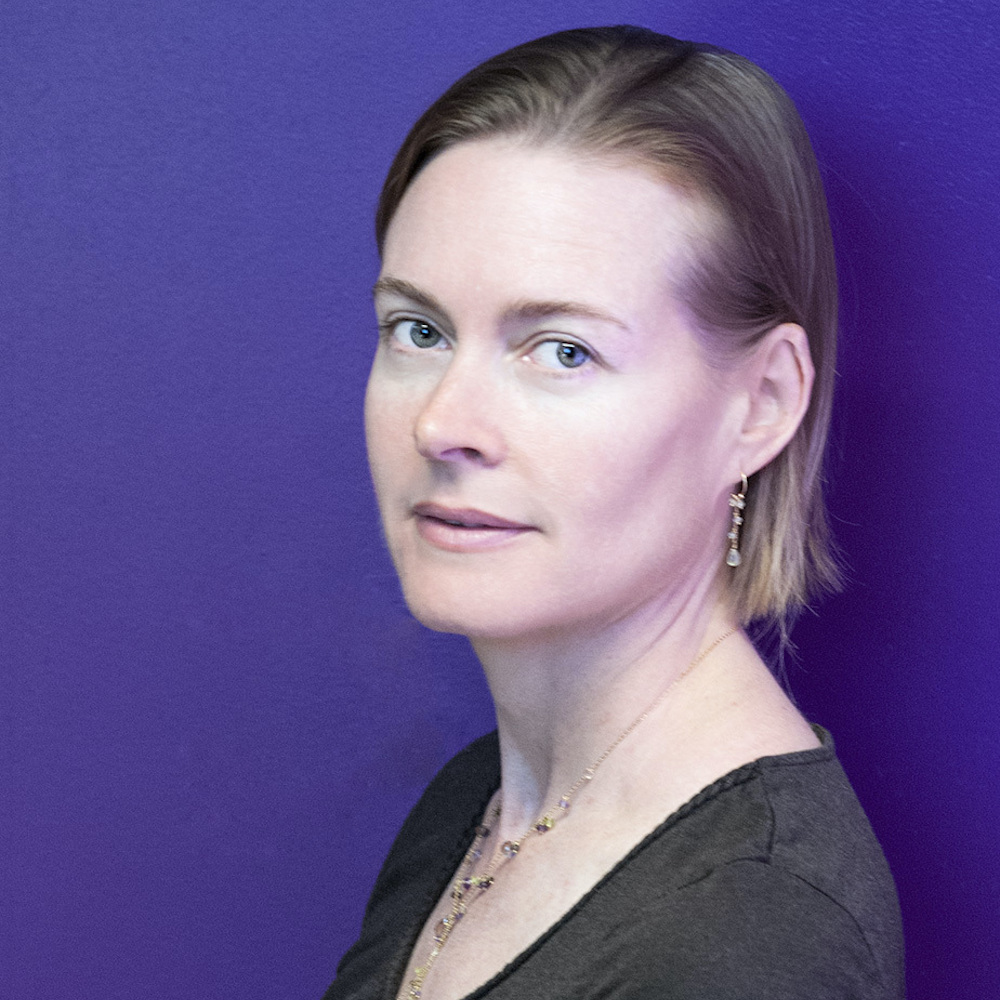They destroyed our radios and televisions
to leave us without images,
without those maudlin songs
that lulled our past to sleep
back when we still believed in trains
by the seaside, at the ranch where Laura
carried her milk churns to the river
to meet the prince on horseback,
kissing the stamping steed on the mouth
like in Gwendolyn’s garden,
abandoned to what they called love.
They made us spend nights
reading Barthes and Derrida
until words came undone
in our hands and nothing had more value
than what it could have had but never did
as if promises and the past
were one and the same. We could only
love dead women, on screens
they appeared naked and desolate, the most beautiful
was the one whose body was covered in down,
a dead child at her breast.
Our eyes beheld only grief.
Our ears heard only
strident, shrieked words.
No one wanted to awaken us. They denied us
the orchards, the cities with taverns
and carriages, the peacefulness of cemeteries,
the hearses shining in the sun,
heads inclined before the deceased
and at the hour of the Angelus, the reaping
and the drunkenness of the grape harvest,
haylofts where someone finally
gave us their naked body
and the revelation made us cry.
Laura was still a virgin. Her children
not yet crying in the garden.
She greeted the crew of the Thetis
anchored on the River Ouse, she traversed
the undulating profile of the hills
of Sussex, beauty immersed
in beauty, until in Newhaven
she discovered sea mist, a hairy
hand digging into her thighs,
violating her without her knowing
the love she no longer believed in,
nor would ever. All women expelled
from Paradise, condemned and abandoned,
become prostitutes. Don’t humiliate
the humiliated, stop wounding
the dead, don’t profane
beauty. The Sistine Chapel
is full of graffiti, the pope
has been dragged through the streets
of Rome, flogged by the boys
whom he so loved and caressed.
On computer screens
we search for our forgotten
identity, they are our memory,
they return the past to us. Our mother,
a whore who fled the house
shortly after birthing me. She didn’t like my face,
it wasn’t telegenic, would never advertise
soap, happy among bubbles. She didn’t want
to ruin her breasts. At night
she emptied her milk into the toilet
and I was awoken by hunger
and the bitter scent of her nipples.
And now I search for Laura, but she died,
crucified. Her virginity
offended men. And
before the cross they exposed her
naked, covered in blood
where we love women most
to make us stop loving them.
Until they abandoned us
in this wasteland which, from afar,
looked like an unreal city,
the Paradise in which
we ought never to have believed.
The open ground was filled
with the rotting cadavers of angels
and, when an invisible hand opened the
doors, we heard the music
one hears in Heaven
but there was no one, no
path to follow, nothing
to remember. I had to invent
my past, this story I write
knowing it’s not certain
because certainty doesn’t exist.
I invent Laura and she flees.
Condemned to imagination,
cursed by her, I ignore
when the end of days will come,
when dawns will emerge
in this terrifying darkness.
I know, because I have just finished inventing it,
Laura is all women,
her pubic hair, her armpits,
her back where lizards repose,
her blank stare where the sun sleeps.
When I return to the world, will I remember
this story? Will I remember the one who was
mother, the violated woman, the desired woman,
the breath of beauty which now
denies me for all time? The threatening
commencement of Genesis, its evil
vegetation?
© Juan Antonio Masoliver. By arrangement with the author. Translation © 2013 by Samantha Schnee. All rights reserved.









